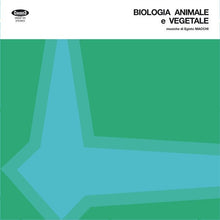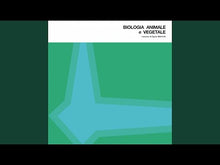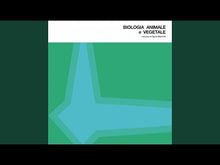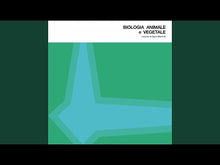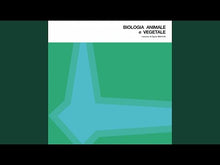
Cinedelic Records / Italy / 2016 / Box
Egisto Macchi (Grosseto, 4 August 1928 - Montpellier, 8 August 1992) was a legendary Italian composer of dark avant-garde and musique concrète library music. Former member of Gruppo di Improvvisazione Nuova Consonanza, the historic Italian improvising collective (that also included Franco Evangelisti and Ennio Morricone, among others). He was a major figure within the contemporary music field from the Fifties to the Eighties. Macchi once again brilliantly combines dark, unnerving and broken electronic sounds with abstract traditional musical instrumentation. Foreboding violins, droning electric guitars, Disturbing sounds effects, such as knocking upon a wall, screeching metal, howling winds, shrieking animalistic sounds and strange voices are implemented to enhance the unnerving atmosphere.
The life path of Egisto Macchi seemed to be devoted to the multiplicity of aesthetic choices and musical expressions.
While tracing his life and work, one notices an interesting duality based both on a very inclusive approach towards all kind of expressive needs and full control of the level of communication. A complex personality revealing the coherence of a man trying to connect elements usually kept separate. The inherent need for approaching different sources and the ability to be inspired by a wide range of intuitions. Macchi has explored and experimented in the field of sound and music without ever forgetting about his moral and civil engagement. His compositional work takes shape from the idea that music and arts should be able to create a symbiotic contact between the creator (composer) and the beneficiary (listener). All his work finds its origin in the need to integrate the sound language with the feeling of a new developing society. In fact music was just one factor in a more complex chain which included his humanistic and sociological engagement. A syncretic philosophical narrative, in other words, a symbolic tale revealing deep anthropological aspects.



